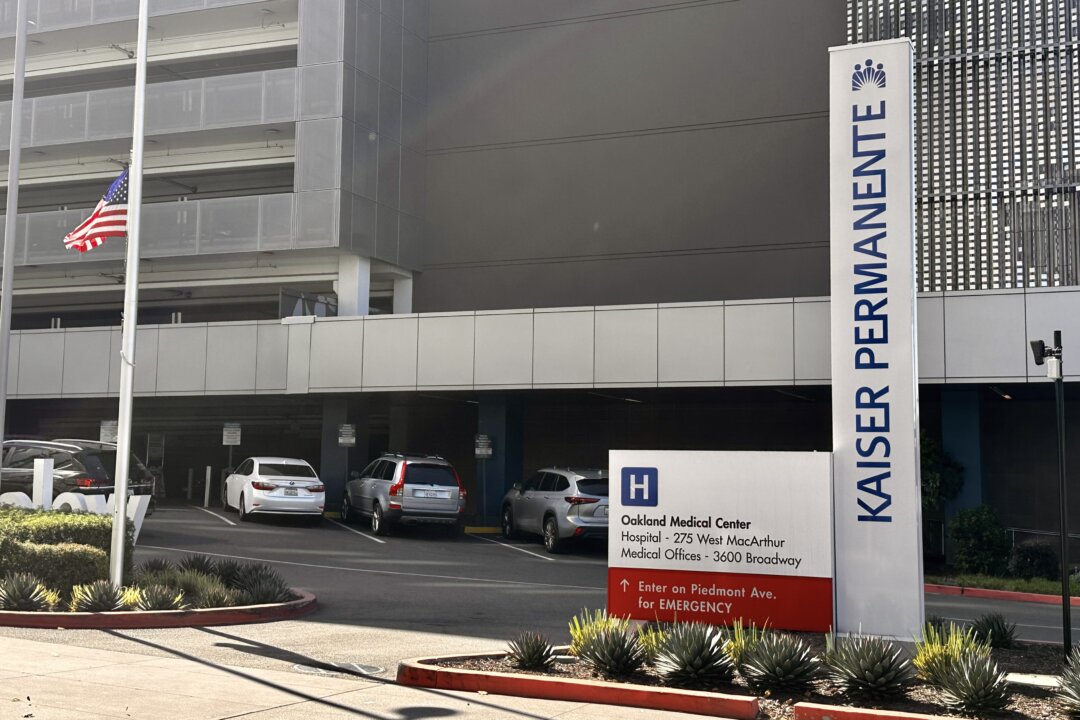
Being placed in foster care is often a necessary intervention for some children. However, many advocates express concern that children can languish in foster care for extended periods, leading to detrimental effects due to the lack of a permanent family. A groundbreaking study, co-authored by an MIT economist, reveals that an innovative Chilean program providing legal aid to children significantly reduces the duration of foster-care stays, facilitating quicker reunification with families. This approach not only enhances long-term social outcomes for children but also reduces government expenditure on the foster care system.
The study, titled “Effects of Enhanced Legal Aid in Child Welfare: Evidence from a Randomized Trial of Mi Abogado”, is published in the American Economic Review. It was conducted by Ryan Cooper, a professor and director of government innovation at the University of Chicago; Joseph Doyle, the Erwin H. Schell Professor of Management at MIT Sloan; and Andrés P. Hojman, a professor at the Pontifical Catholic University of Chile.
Transformative Impact of the Mi Abogado Program
The Chilean program, known as “Mi Abogado” or “My Lawyer,” was introduced in 2017. It provides enhanced legal support to children in foster care, along with access to psychologists and social workers. Legal advocates in the program benefit from a reduced caseload, allowing them to focus more intensively on each case. According to Joseph Doyle, the program’s success is evident as it reduced foster care duration by approximately 30 percent.
“It was amazingly successful because the program got kids out of foster care about 30 percent faster,” says Joseph Doyle. “Because foster care is expensive, that paid for the program by itself about four times over. If you improve the case management of kids in foster care, you can improve a child’s well-being and save money.”
The study involved 1,781 children in Chile’s foster care system in 2019, with 581 receiving Mi Abogado services. Over a two-year period, the data showed a 30 percent reduction in contact with the criminal justice system and a 5 percent increase in school attendance among participants.
Rigorous Evaluation and Broader Implications
The Mi Abogado program’s implementation included a randomized selection of participants, making it possible to measure its causal impact accurately. This rigorous approach is rare in foster-care redesigns, according to Doyle, who advocates for more innovative policy evaluations.
“Very few foster-care redesigns are evaluated in such a rigorous way, and we need more of this innovative approach to policy improvement,” Doyle notes.
Despite the promising results, Doyle acknowledges the need for further analysis to determine which program elements—legal aid, counseling, or other interventions—had the most significant impact. “We would like to see more about what exactly they are doing for children to speed their exit from care,” he says.
Potential for Broader Application
The findings from the Mi Abogado program could have implications beyond Chile. Doyle’s research indicates that about 5 percent of U.S. children spend time in foster care, a figure consistent internationally. This highlights the potential for other jurisdictions to learn from Chile’s approach.
“People don’t appreciate how common child protective services and foster care are,” Doyle says. “Children involved in these systems are particularly vulnerable.”
With various U.S. jurisdictions managing their own foster-care systems, there is an opportunity to explore the principles of Mi Abogado. Doyle expresses optimism that policymakers might be receptive to such innovative ideas, as the program’s impact is substantial and lasting.
“It’s not really a partisan issue,” Doyle says. “Most people want to help protect kids, and, if an intervention is needed for kids, have an interest in making the intervention run well.”
Support for the research was provided in part by the MIT Sloan Latin America Office, with data made available by Chile’s Studies Department of the Ministry of Education. Doyle concludes with a call for more experimentation with similar programs in other regions, emphasizing the dual benefits of improved child outcomes and cost savings for governments.






